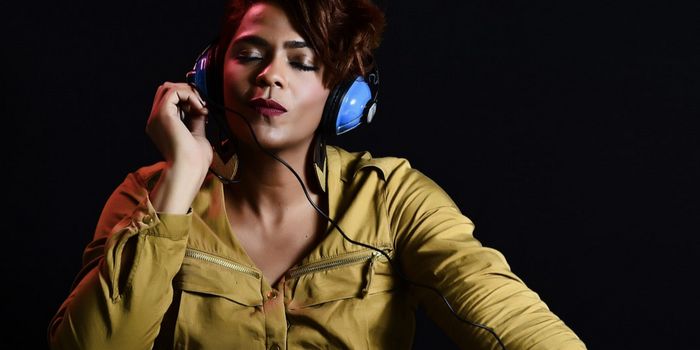Many political leaders, scientists, educators and parents believe that failure is the best teacher, according to researchers at the
University of Southern California (USC), who did a new MRI study with a group of international researchers and found that having the opportunity to learn from failure can turn it into a rewarding experience – if the brain has a chance to learn from its mistakes.

As Bevin Fletcher, associate editor of
Bioscience Technology, reported, “Making a mistake can be a rewarding experience – as long as your brain has a chance to learn from it.” He noted that the MRI study determined that participants’ brains could activate the “reward circuit” or the “ventral striatum” if they were put in a situation that allowed them to figure out what they did wrong.
Scientists understand that the brain has two ways of learning, according to the USC researchers. One is avoidance learning, a punishing, negative experience that trains the brain to avoid a situation in which it made a mistake. The other is reward-based learning, a positive, reinforcing experience in which the brain feels rewarded for getting the right answer.
“We show that, in certain circumstances, when we get enough information to contextualize the choices, then our brain essentially reaches towards the reinforcement mechanism, instead of turning toward avoidance,” said Giorgio Coricelli, a USC Dornsife associate professor of economics and psychology.
Published in the journal Nature Communications, the study included at 28 participants, with an average age of 26. The participants answered a series of questions. If they chose the wrong answer, they lost money. If they chose the right answer, they earned money.
There were three types of trials. In the first one participants’ brains were prompted to respond to getting the wrong answer with avoidance learning. The second trial prompted reward-based learning. In the third round subjects were tested to see what they learned from their failure and whether they could understand what they got wrong. Brain scans demonstrated that in the third round, “people’s brains responded positively, mimicking a reward-based learning response,” Fletcher’s article said.
In that third round, the participants responded positively, activating areas in their brains that some scientists call the reward circuit or the ventral striatum, Coricelli explained. This experience mimicked the brain’s reward-based learning response – as opposed to an avoidance-learning response, an experience that involves different parts of the brain that together comprise the “anterior insula.”
Coricelli said this process is similar to what the brain experiences when feeling regret: “With regret, for instance, if you have done something wrong, then you might change your behavior in the future,“ he added.
Coricelli conducted the study with scientists from the University College London, the University Pierre and Marie Curie, the Ecole Normale Superieure, and the University of Lyon. The research was funded by grants from the European Research Council and the Agence National de la Rercheche.









